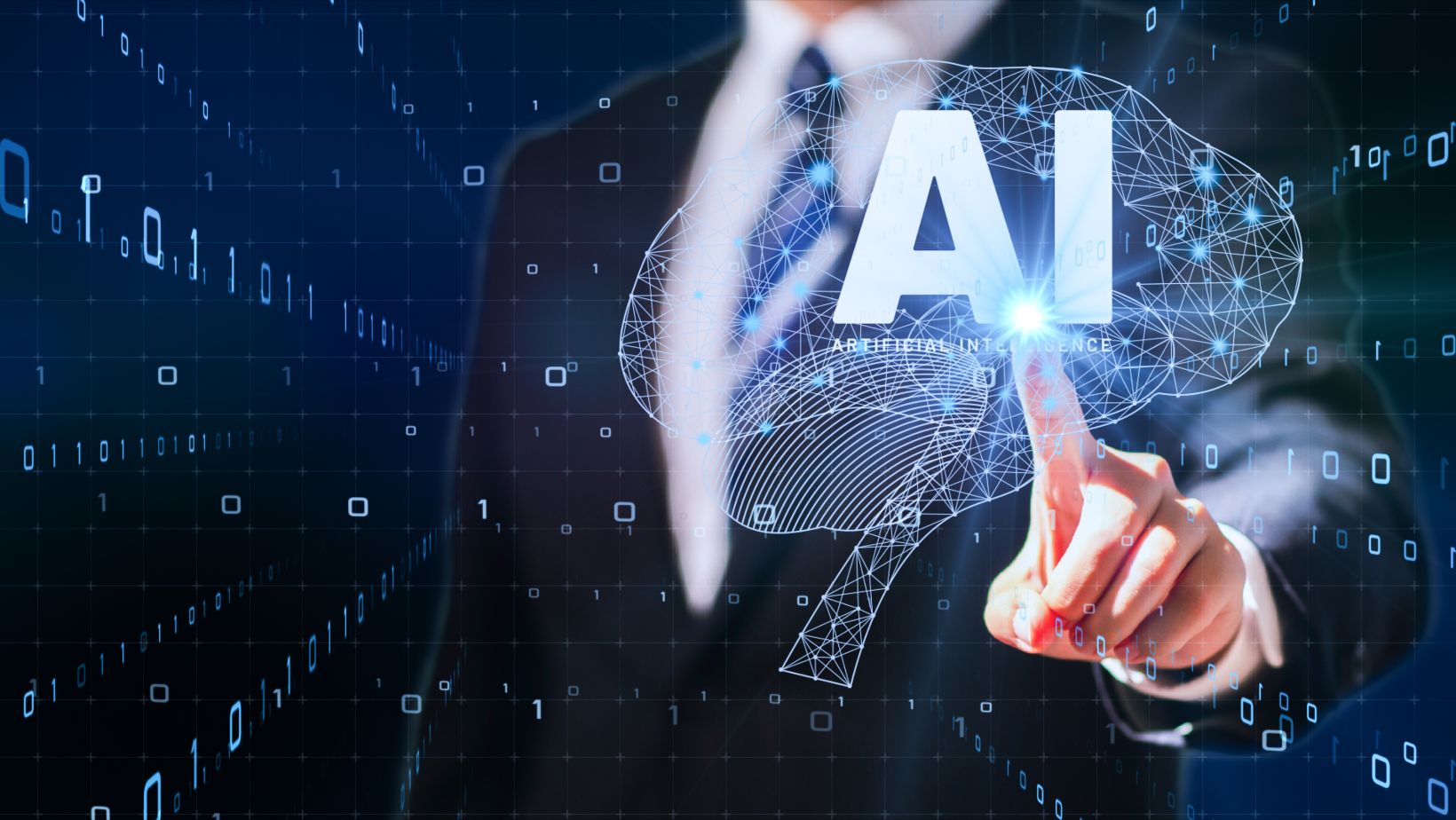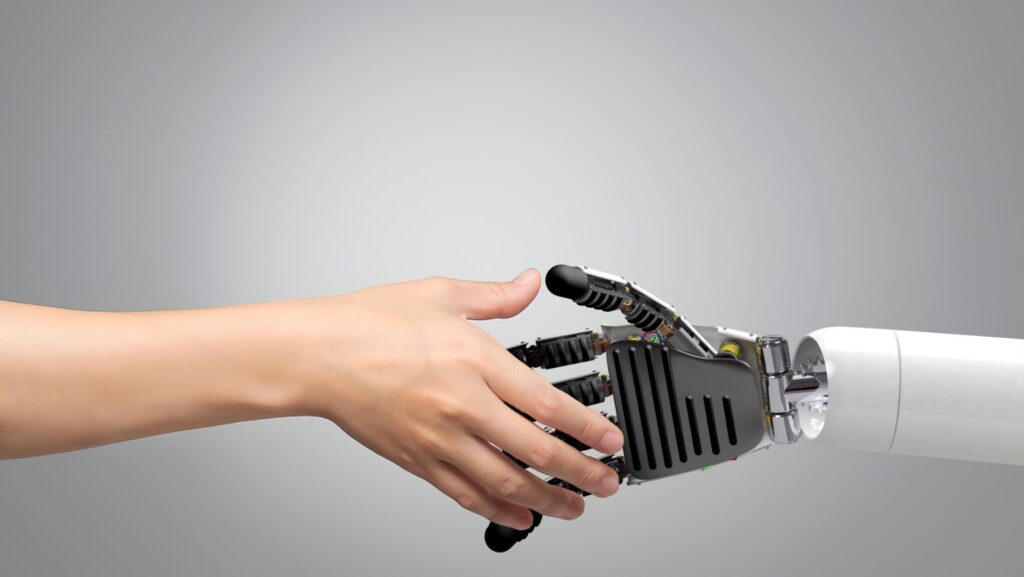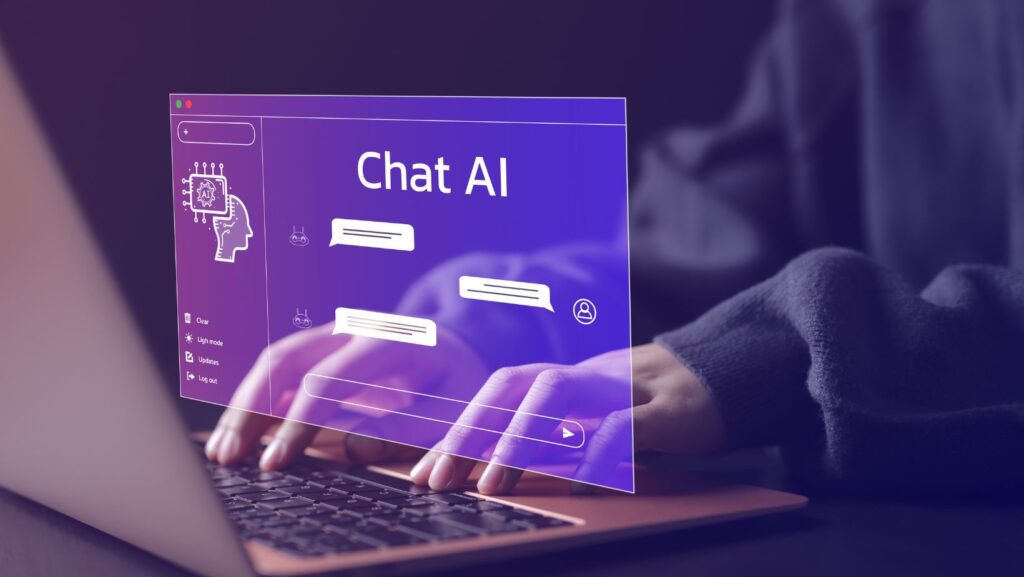
AI is changing software development, allowing teams to generate code quickly and automate repetitive tasks. But with this efficiency comes risk. AI-generated code can introduce security flaws, vulnerabilities, or non-compliant elements that developers may not immediately recognize. Traditional security approaches aren’t enough to keep up with the speed and complexity of AI-assisted development. DevSecOps plays a critical role in ensuring that security is integrated from the start, helping teams catch potential issues early. By embedding security into AI-driven workflows, organizations can prevent weak spots from turning into major security threats.
AI-Generated Code Isn’t Always Secure
While AI tools can write functional code, they lack human judgment when it comes to security. AI may pull from public repositories, including outdated or vulnerable libraries. It can also generate code that meets functional requirements but fails security best practices. Without proper oversight, these flaws can lead to serious vulnerabilities. DevSecOps ensures that AI-generated code is rigorously tested and reviewed before deployment. Automated security scanning, static code analysis, and continuous monitoring help developers catch weaknesses and fix them before they reach production.
DevSecOps Solutions Ensure Compliance and Control
Regulatory compliance is a major concern, especially in industries like healthcare, finance, and government. AI-generated code can introduce non-compliant elements, whether through data handling practices or licensing issues in open-source dependencies. DevSecOps solutions address this challenge by enforcing security policies, automating compliance checks, and providing visibility into every stage of development. With security integrated into the pipeline, teams can ensure that AI-generated code meets industry standards without slowing down development. This balance between speed and security is essential in today’s fast-paced software landscape.
Continuous Security Testing for Evolving AI Models
AI models evolve based on the data they process, which means that the code they generate can change over time. This introduces new risks, as vulnerabilities may appear in later iterations of AI-assisted development. DevSecOps introduces continuous security testing, ensuring that every update, patch, or new AI-generated script is assessed for potential threats. Automated testing tools can scan for misconfigurations, insecure APIs, and other risks, reducing the chances of security gaps going unnoticed. With ongoing security validation, organizations can trust AI-generated code without fearing unexpected weaknesses.

A Smarter Approach to AI-Powered Development
AI-generated code is here to stay, offering speed and innovation to development teams. However, security can’t be an afterthought. DevSecOps provides a smarter, proactive approach to securing AI-assisted workflows. By integrating security throughout the development lifecycle, teams can reduce risks, ensure compliance, and maintain control over rapidly evolving code. The combination of AI-driven coding and DevSecOps practices allows organizations to innovate without sacrificing security, ultimately leading to safer, more reliable software.
Accountability and Transparency in AI-Generated Code
One of the biggest challenges with AI-generated code is the lack of transparency. Developers may not fully understand how the AI arrived at a particular solution, making it difficult to assess potential security risks. DevSecOps helps bridge this gap by introducing accountability at every stage of development. With real-time monitoring, version control, and automated security audits, teams can track changes, identify vulnerabilities, and maintain a clear record of security decisions. This structured approach ensures that AI-generated code is not just fast and functional but also transparent, traceable, and held to the highest security standards.

Reducing Human Oversight Without Increasing Risk
AI-generated code promises efficiency, but it also reduces direct human oversight in critical areas of development. Without careful security measures, this can lead to overlooked vulnerabilities, weak encryption, or insecure dependencies. DevSecOps mitigates these risks by embedding automated security checks that act as a second layer of oversight. Tools such as real-time threat detection, automated penetration testing, and dependency tracking ensure that AI-written code is scrutinized just as thoroughly as manually written code. This approach allows teams to embrace AI’s speed and scalability without compromising on security, maintaining a balance between automation and human expertise.







